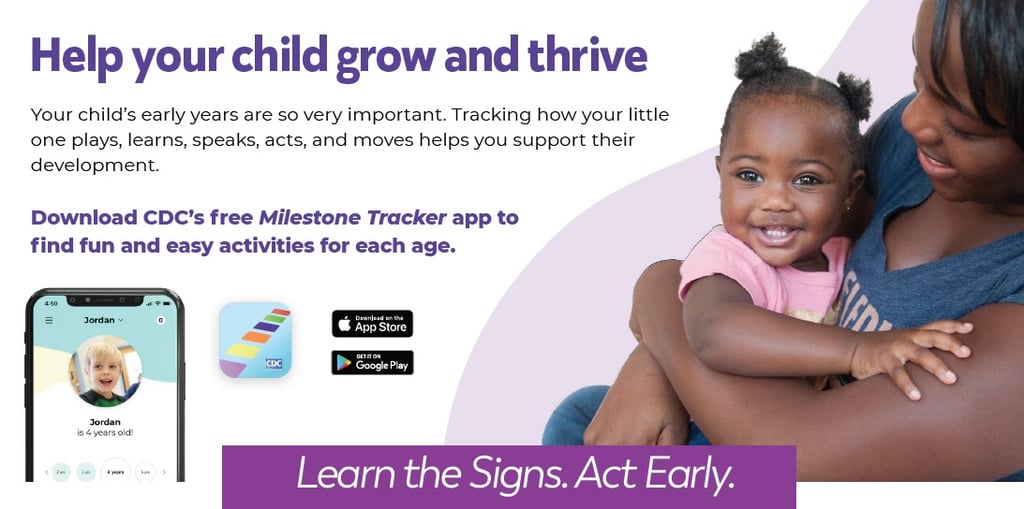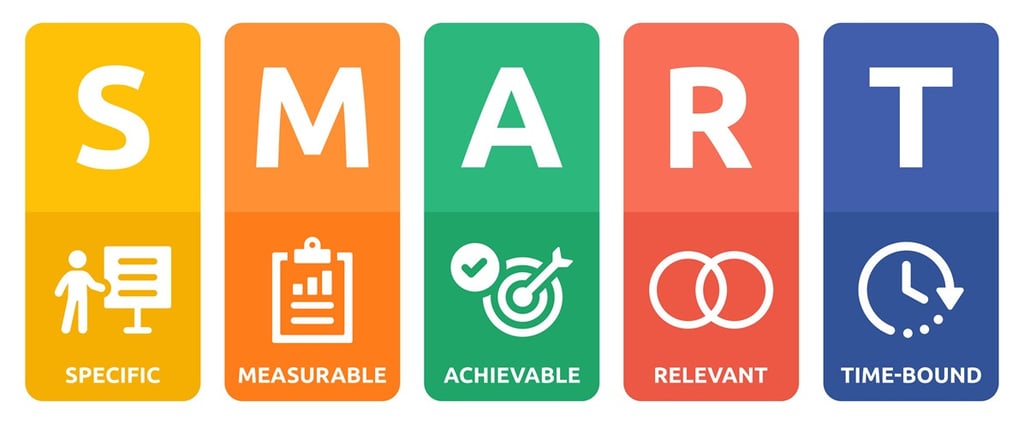
For information purposes only: We do not handle children's autism cases
Autism Spectrum Disorder (ASD) encompasses a range of conditions characterized by challenges with social skills, repetitive behaviors, speech, and nonverbal communication. The classification of autism into different types has evolved over time. Previously, various conditions were diagnosed separately, such as Asperger's syndrome, pervasive developmental disorder-not otherwise specified (PDD-NOS), and autistic disorder.
However, the current diagnostic standards recognize these conditions under the broader umbrella of ASD. Despite this, understanding the characteristics of these previously separate diagnoses can be helpful for understanding the diversity within the autism spectrum.
Types of autism and their characteristics
Autistic Disorder: Marked by significant social and communication difficulties, repetitive behaviors, and interests. Intellectual disability is common.
Asperger's Syndrome: Milder symptoms than autistic disorder, particularly with strong language skills. Challenges mainly in social interaction and restrictive interests.
PDD-NOS (Pervasive Developmental Disorder-Not Otherwise Specified): A diagnosis for those who meet some, but not all, of the criteria for autistic disorder or Asperger's syndrome.
Childhood Disintegrative Disorder: Characterized by normal development for at least the first two years, followed by a significant loss of skills.
Rett Syndrome: Almost exclusively affects girls. It's marked by normal early growth and development followed by a slowing of development, loss of purposeful use of the hands, distinctive hand movements, slowed brain and head growth, problems with walking, seizures, and intellectual disability.
We are committed to guiding families and individuals through their journey with autism, providing expert care that empowers, educates, and enriches lives. Our role may be limited to making appropriate referrals since we only handle adults' cases.
Let’s explore the path to understanding, growth, and support together.
What autism spectrum disorder (ASD) evaluation and treatment means
A Comprehensive Approach: These services represent a thorough process of understanding each individual's specific challenges and strengths related to autism, offering tailored strategies for support and growth.
Situations and behaviors impacting individuals with autism and their loved ones
Living with ASD affects not just the individual diagnosed with it but also those around them. The impact can vary widely among individuals, but there are several common situations and behaviors associated with ASD that can pose mental health challenges and harm daily life functioning:
For the individual with Autism:
Social Challenges: Difficulty in understanding social cues, engaging in reciprocal conversation, and forming friendships can lead to isolation and anxiety.
Sensory Sensitivities: Over- or under-sensitivity to lights, sounds, touch, tastes, and smells can make everyday environments overwhelming or distressing.
Communication Difficulties: Challenges with verbal and non-verbal communication can result in frustration and misunderstandings.
Repetitive Behaviors: Engaging in repetitive behaviors or having a very restricted range of interests can interfere with learning and social interaction.
Routine Dependence: Difficulty with changes in routine or transitions can lead to distress, anxiety, or outbursts.
Educational Challenges: Learning in conventional settings can be difficult, necessitating specialized educational approaches.
For loved ones:
Emotional and Physical Stress: Managing the care, education, and therapy of a family member with autism can be demanding and exhausting.
Financial Strain: The costs associated with therapies, interventions, and possibly specialized care can be significant.
Social Isolation: Families may find it difficult to engage in social activities or feel isolated from their communities and peers.
Relationship Strain: The stress and demands of caring for someone with autism can strain marital, familial, and sibling relationships.
Worry About the Future: Concerns about the long-term well-being and independence of the family member with autism can be a source of ongoing stress.
It's crucial for individuals with autism and their families to have access to support and resources. This includes educational support, therapy (such as speech therapy, occupational therapy, and behavioral therapy), and community resources geared toward improving quality of life and fostering independence.
Specialists provide every support possible, and our social workers and case managers are excellent at linking individuals and families with ASD with essential resources.


Recapping when someone should consider Autism Spectrum Disorder (ASD) evaluation and treatment
Early Developmental Concerns: If there are observations of delayed speech, social challenges, or atypical behaviors during early childhood development.
Social and Communication Challenges: For individuals experiencing difficulties in social interactions, communication, or understanding social cues at any age.
Seeking Support and Strategies: Whether newly diagnosed or navigating existing challenges, our services are designed to offer guidance, support, and effective strategies for individuals and families.
Risk factors for ASD
The quest to understand ASD is a complex one. It's a puzzle composed of many pieces, including environmental influences, biological nuances, and genetic threads. These elements intertwine, shaping the likelihood that a child may navigate the world through the lens of ASD. While the complete picture remains elusive, certain clues hint at a higher propensity for ASD:
Having a sibling with ASD
Inherited conditions like fragile X syndrome or tuberous sclerosis
Birth-related challenges
The age of parents at the time of birth.
In an ambitious leap towards unraveling this mystery, the CDC has embarked on one of the largest investigations in the U.S. to date, the Study to Explore Early Development (SEED). SEED aims to shed light on the myriad risk factors and behaviors associated with ASD. Not stopping there, the CDC is now delving deeper with a follow-up study on older children who were part of SEED. This new chapter seeks to understand the evolving health, functionality, and needs of individuals with ASD and other developmental conditions as they grow. This journey of discovery not only aims to map the terrain of ASD but also to navigate the paths of those affected, illuminating their way forward.
What happens during ASD evaluation and treatment
Today's approach to managing ASD is all about enhancing daily life and overall well-being, aiming to minimize those symptoms that can disrupt day-to-day activities. Since ASD manifests uniquely in everyone, this means individuals with ASD possess their own set of strengths and hurdles, each requiring a tailored treatment strategy. Professionals crafting these personalized treatment plans is a team effort, bringing together a diverse group of professionals (even from other organizations and government agencies), all dedicated to meeting the individual's specific needs.
Detailed Evaluation: They start with a comprehensive assessment to accurately identify the presence of autism spectrum disorder, utilizing the latest diagnostic tools and criteria to understand each individual’s unique profile.
Personalized Treatment Planning: Drawing on the results of the evaluation, they develop a customized treatment plan that may include behavioral interventions, communication strategies, social skills training, and support for related challenges such as sensory sensitivities or learning differences.
Ongoing Support and Adaptation: Recognizing that needs evolve, the professionals provide continual support, regularly reviewing and adjusting the treatment plan to ensure it aligns with changing goals and milestones.
Aims and Objectives


Enhancing Understanding and Skills: Our goal is to enhance each individual's understanding of their own autism spectrum profile, developing skills that support independence, social interaction, and personal growth.
Empowering Families and Individuals: We aim to empower families and individuals with knowledge, resources, and strategies to navigate the complexities of autism with confidence and resilience.
Promoting Inclusion and Well-being: Our approach is centered on promoting a more inclusive society where individuals on the autism spectrum can thrive, emphasizing overall well-being and quality of life.
Our SMART Goals Defined
Our goals are Specific (tailored to your needs), Measurable (with clear benchmarks for progress), Achievable (realistic and manageable), Relevant (aligned with your personal mental health goals), and Time-bound (with scheduled reviews to assess progress).
You didn’t come this far to stop.
Believe you can, and you're halfway there.
Theodore Roosevelt
The benefits of our Autism evaluation and treatment program
Expert, Specialized Care: Receive care from a dedicated team of professionals specialized in autism spectrum disorders, providing compassionate and evidence-based treatment.
Tailored to Individual Needs: Our services are highly personalized and designed to meet the unique needs and strengths of each individual, ensuring a supportive and effective treatment experience.
Building a Supportive Community: We focus on creating a supportive community for individuals and families, offering a space for shared experiences, education, and growth.
Begin your journey to mastery over ASD with a qualified professional
Imagine a future where the unique aspects of autism are not just understood but celebrated, where each individual has the support and strategies needed to navigate life’s challenges and opportunities. That future starts with a proper autism evaluation and treatment. Such a service could unlock the potential within each person on the autism spectrum, providing the expertise, care, and compassionate support necessary to thrive. If you or a loved one is ready to embark on this journey of understanding and growth, many dedicated professionals are there to guide you every step of the way.
Reach out to one such dedicated professional today, and start this transformative journey with them.

Psychiatric evaluation and management
Other psychiatric and mental health reports.
Substance Abuse
We also provide these administrative services
Here're addiction problems we treat
Other nutrition and weight management services.
And we provide nutrition and weight management services to make your well-being even more complete
Don't let life's challenges define you—or your loved one—we are here to help you overcome and thrive!
Here're psychosocial and psychosomatic issues we treat
We operate under the laws and regulations of the State of Maryland as a Maryland outpatient clinic.

Home | About Us | Our Services | Blog | Terms & Conditions | Privacy | Telehealth | Forms & Resources | Appointments | Log In | Site Map | Contact Us
BY APPOINTMENT ONLY | NO WALK-IN
BEST WAY TO CONTACT US
Sign In to your account or Fill out the Contact Form or Appointment Form
or
Send us an Email at admin@jolclinic.com
Tel: (410) 231-3118 | Fax: (410) 262-6911
PATIENT RECORDS
To request your patient records, please sign in or go to the patient records information page.
Copyright © 2024 by the Joy of Life Clinic LLC.
4900 Belair Road
Baltimore MD 21206











